‘I live in constant fear that he will die’: Mother of jailed Putin critic says time running out to save him
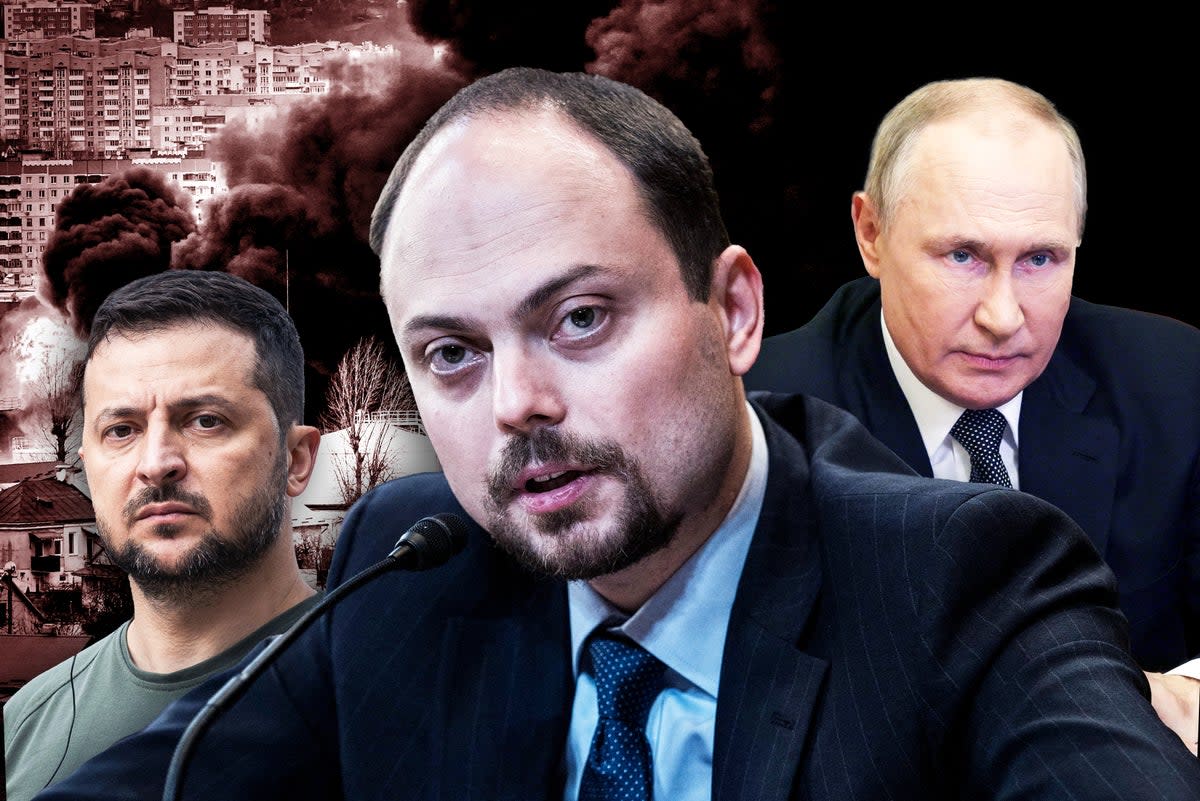
The mother of Russia’s most prominent opposition leader after Alexei Navalny says she lives in “constant fear” that her son, Vladimir Kara-Murza, will die in the Siberian prison in which he is currently jailed – while calling on the foreign secretary, David Cameron, to intervene and save his life.
Speaking on the eve of the second anniversary of Kara-Murza’s arrest on 11 April 2022, Elena Gordon says that her worries over her son have grown much more acute in the wake of the death of Vladimir Putin’s most prominent critic, Navalny, almost two months ago. Navalny was also being held in a remote prison colony, in the Arctic, before he was declared dead by Russian authorities. Western leaders, including Lord Cameron, have lined up to say Putin is responsible for his death, while Navalny’s widow has said that the Russian president killed her husband.
Kara-Murza, 42, a British-Russian political activist and journalist, is serving a 25-year sentence in the IK-7 penal colony. He has been in solitary confinement for months and was moved into a small punishment cell in January. The Kremlin has accused Kara-Murza of spreading “false” information about the Russian army in speaking out about Putin’s invasion of Ukraine. It is the largest single sentence handed out to a Kremlin critic, including Navalny, since the collapse of the Soviet Union in 1991. In reality, the long-time Putin critic merely pointed out what the rest of the world could see: the brutality of Russia’s assault on Ukraine.
“For over seven months now, my son has been held in solitary confinement in a high-security prison in Siberia. His health has deteriorated dramatically,” says Ms Gordon, who lived in England for years after moving from Moscow when her son was a teenager.
Kara-Murza suffers from polyneuropathy, a nerve condition that affects his ability to feel his hands and feet. The only way it can be managed is by proper medical care and access to fresh air and walks. Such treatment is impossible in permanent solitary confinement. Ms Gordon believes he will be left to die, or worse, killed and she “lives in constant fear for my son’s life”.
In a direct plea to the British government, Ms Gordon urged the foreign secretary, David Cameron to intervene. Two years to the day since his detention, the window to rescue him is closing, she says. Kara-Murza’s lawyer Vadim Prokhorov said that the medical staff at the Moscow prison where his client was previously held told him they believed Kara-Murza could survive no more than three years in his current conditions of imprisonment. That was over a year ago, and things have only got worse.
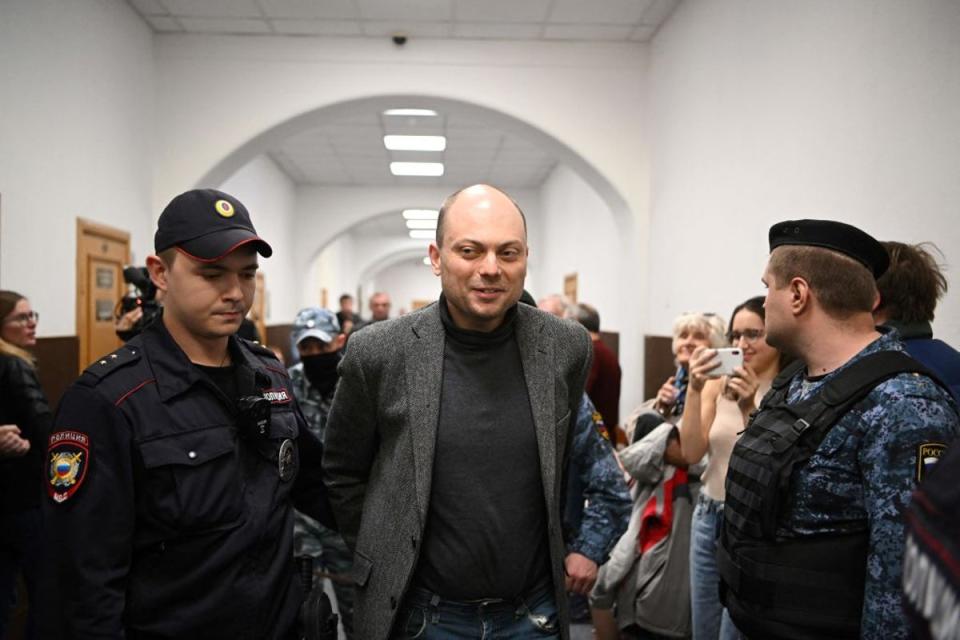
“In Soviet times, Western diplomatic pressure and public opinion had pulled Russian dissidents out of camps and saved their lives,” says Ms Gordon. “Today, just as 50 years ago, your action is required to save Vladimir Kara-Murza, so that he does not suffer the same brutal fate as Alexei Navalny.
“This is an urgent appeal: please help save my son Vladimir Kara-Murza,” she adds.
Lord Cameron met with Ms Gordon and Kara-Murza’s wife, Evgenia, last month to express his support. It was the first time a foreign secretary had actually met the jailed activists’ family since his detention. Navalny was buried in Moscow as the trio spoke in London, with images showing the opposition leader’s mother solemnly bent over his grave.
The meeting, which lasted nearly double the scheduled half an hour, was positive, according to Ms Kara-Murza. “I think it went rather well,” she said at the time. “He assured me that the UK will be doing everything it can to bring Vladimir home.”
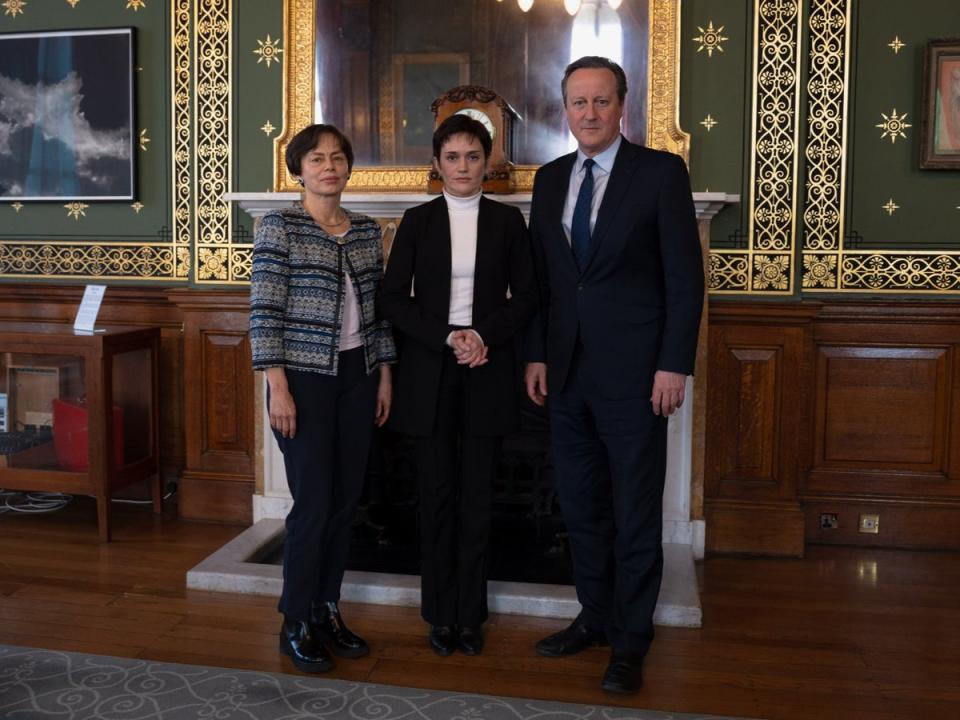
Kara-Murza’s detention is just the latest in a string of Kremlin attempts to silence him. He has faced two assassination attempts on his life, first in 2015 and then in 2017, both of which his family believe to have been carried out by the FSB, Russia’s security service. Now they fear this latest Kremlin tactic may prove to be fatal – and are urging a prisoner swap deal.
“Let’s be clear, his life sentence is a death penalty,” the lawyer, Mr Prokhorov said. “It is vital for the West to consider negotiating Vladimir’s release. His future, his fate, must be the subject of special negotiations.”
During a meeting in Washington on Tuesday, Ms Kara-Murza told members of Congress that her husband was “fighting not just for his freedom but truly for his life”. She renewed calls for US politicians to help facilitate her husband’s release.
Democrat senator Ben Cardin, chair of the senate foreign relations committee, responded by saying that her husband’s case would not be forgotten. “We are going to work to set him free and to set Russia free,” he said. Senator Jim Risch, the top Republican on the committee, called on US secretary of state Antony Blinken to designate Kara-Murza a “wrongfully detained person” – an appointment that would help elevate his case and provide resources to his family in America as they fight for his release.
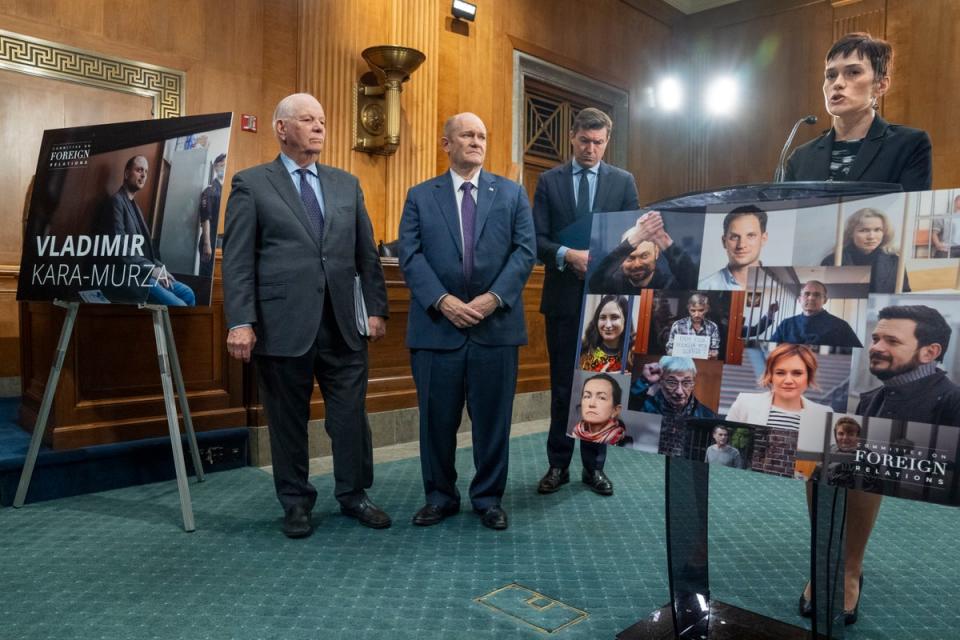
In Westminster, Alicia Kearns, the chair of the Foreign Affairs Select Committee, said that the “British parliament, government and people” are “united in calling on Russia to release Vladimir and to halt the arbitrary detention of foreign nationals”.
“I know all of our thoughts are with Vladimir and his family as we approach this unhappy anniversary and I call on the government to redouble its efforts to get him home,” she said.
Labour shadow foreign minister David Lammy added to the calls for action. “The government must do all it can to get Vladimir Kara-Murza home and sound the alarm about what is happening,” he said. “That Vladimir Kara-Murza, a British citizen, remains cruelly jailed by Vladimir Putin is further evidence Gulag-like imprisonment of dissidents has returned to Russia.”
But it is unclear whether Lord Cameron will abandon the longstanding UK foreign policy not to negotiate with hostile regimes, to discourage future hostage-taking. Should Mr Lammy assume the role of foreign secretary after the next general election – with Labour well ahead in the current polls – it is unclear if he will seek to change the policy either.
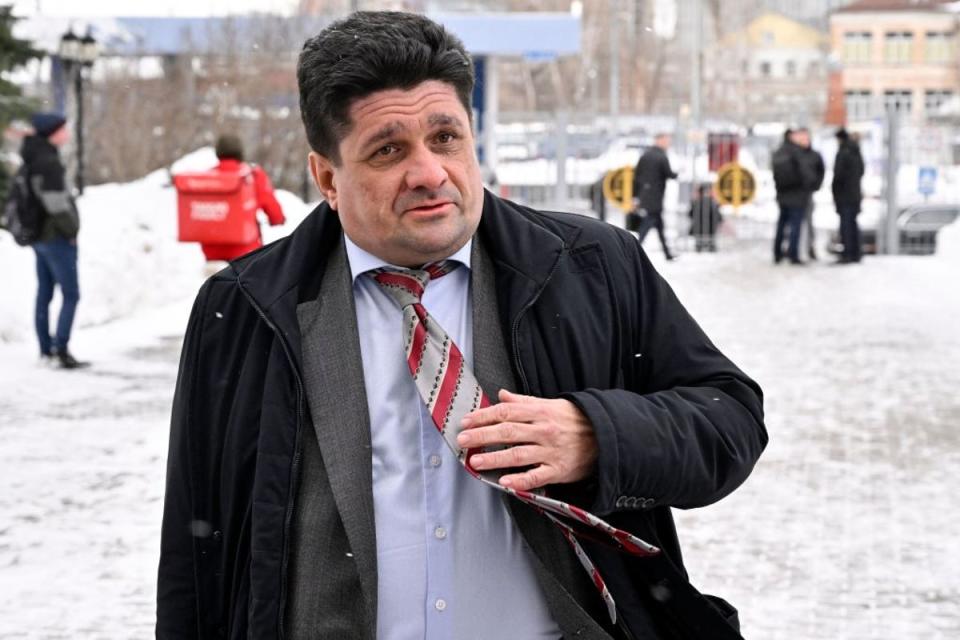
Mr Prokhorov, meanwhile, said that the Western community, particularly the UK, must seriously think about dropping its current policy “because the next victim after the assassination of Alexei Navalny is Vladimir Kara-Murza.”
He said they should look into trading Soviet Union or Russian spies jailed in the UK and across the West for his client.
For Bill Browder, a close friend of Kara-Murza and his family, and formerly the largest foreign investor in Russia before being forced out by the Kremlin, Britain’s stance on helping Putin’s political prisoners must be changed in line with its support in the fight against Putin’s war in Ukraine.
At multiple stages in the more than two-year Russian invasion of Ukraine, the UK has overcome previous anxieties to send more offensive weapons to Kyiv, so it can not only defend itself but ultimately push back Putin’s forces. The same increased support should exist for backing Putin’s jailed critics, he suggested.
“As we support the Ukrainians fighting back against Russia, we should spare some effort for the Russians who are fighting back against Putin,” said Mr Browder. “Among them, Vladimir Kara-Murza is perhaps the most important.”

 Yahoo News
Yahoo News 
